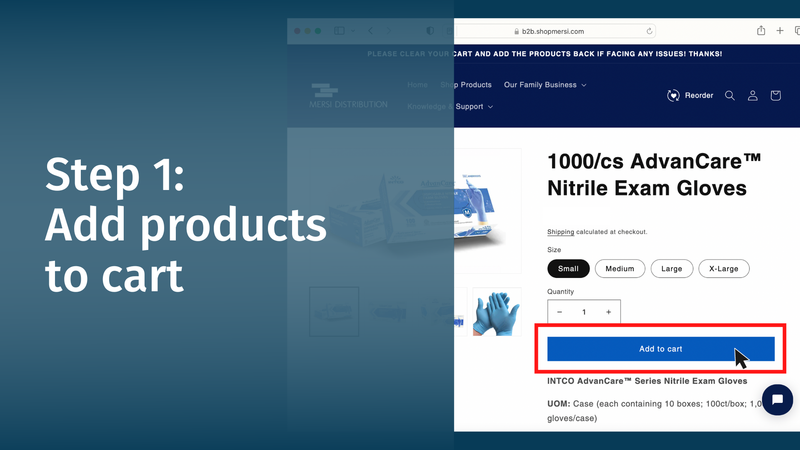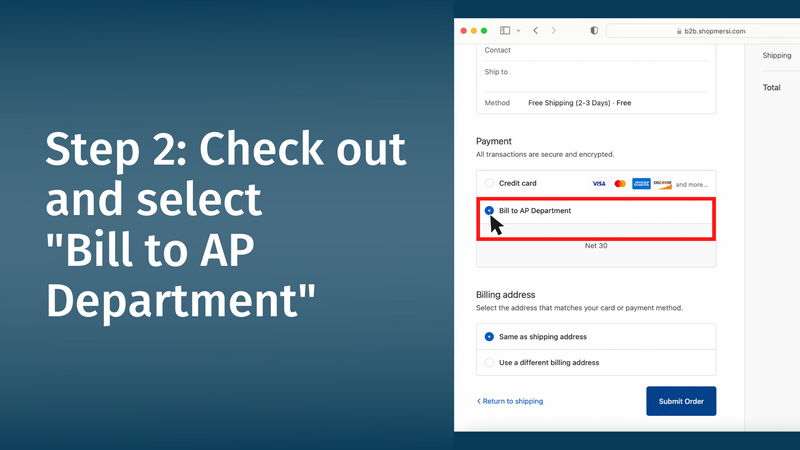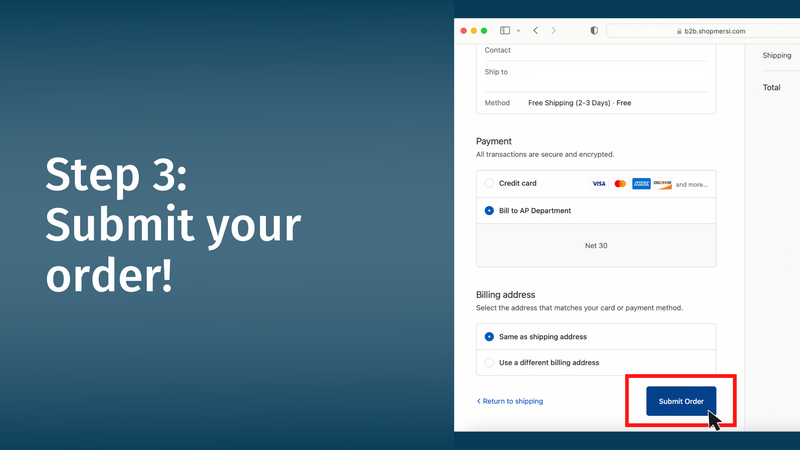As a premier supplier of Personal Protective Equipment (PPE), we have had a front-row seat to the PPE theme park, where prices and promises whiz up and down the chart like you would not believe. Early on in the pandemic, nitrile gloves were nowhere to be found. A whole host of one-man bands appeared from thin air, each claiming to have access to nitrile gloves that businesses desperately needed. Purchasing departments, with little choice and scrambling to support employees and customers in the 'new normal', took their chances; some fared just fine, many got burned. Millions of dollars have fell prey to the rampant scams of dishonest middlemen and brokers. In the face mask category along, there has been a reported $800 million worth of scams since the beginning of the pandemic.
The scammers have not only hurt the reputation of honest PPE vendors, but they have also worsened the supply-demand issues the industry has been battling since the beginning of the pandemic. Many purchasing departments, fearful of the perceived liability with small-sized PPE vendors, began deciding to work exclusively with large, well-established companies. In the gloves market, from the beginning of the pandemic to the time of writing, most of these large vendors are not taking on new accounts and if they are, then with strict allocation. So while in reality there are a fair share of small vendors with reliable supply chains and capacity to take on new accounts, they are being automatically discarded due to the prevalence of scams in the PPE market and the effect they have had on procurement risk assessments. This 'blocking out' effect worsens the supply chain recovery period for many businesses and makes the market more inefficient.
There are some steps both vendors and customers can take to ensure a successful transaction.
From the vendor's perspective, and drawing from our own experience:
- Asking high-profile, happy customers to write letters of reference and providing excellent pre-sales service and support both help mitigate the perceived liability felt by many potential customers in the PPE industry.
- Sending samples for free and if possible, meeting with customers in-person.
- Giving back to the community; hopefully this is done out of altruism but we cannot ignore the positive effect it has on the vendor's brand.
- Vet customers as needed. PPE scams go in both directions too (we have been subject to many suspect emails from scammers claiming to run purchasing departments of large organizations).
- If possessing any doubt about the legitimacy of a middleman or broker, do not proceed. As much as possible, work directly and exclusively with reputable manufacturers.
From a customer's perspective:
- Call on references provided by the PPE vendor to verify.
- Request samples and ask a reasonable number of questions about the product and the transaction. It's a red flag if the vendor can't answer them completely.
- Send the samples to a lab for testing, request do an SGS inspection of the goods being offered, and/or send the product photos provided by the vendor to the manufacturer for verification.
- Consider placing small 'test' orders before any serious commitments are made.
- Visit the vendor's office if located in the same area.
When the transaction amount is very high, PPE vendors and customers may want to consider using escrow.com/ppe, a San Fransico-based internet escrow company that charges very nominal fees in exchange for seriously reducing risks for both parties. They can even accommodate three-way transactions when brokers are involved.
With millions of PPE dollars now in dishonest hands, and the stories we hear as industry insiders, one can never be too careful.




